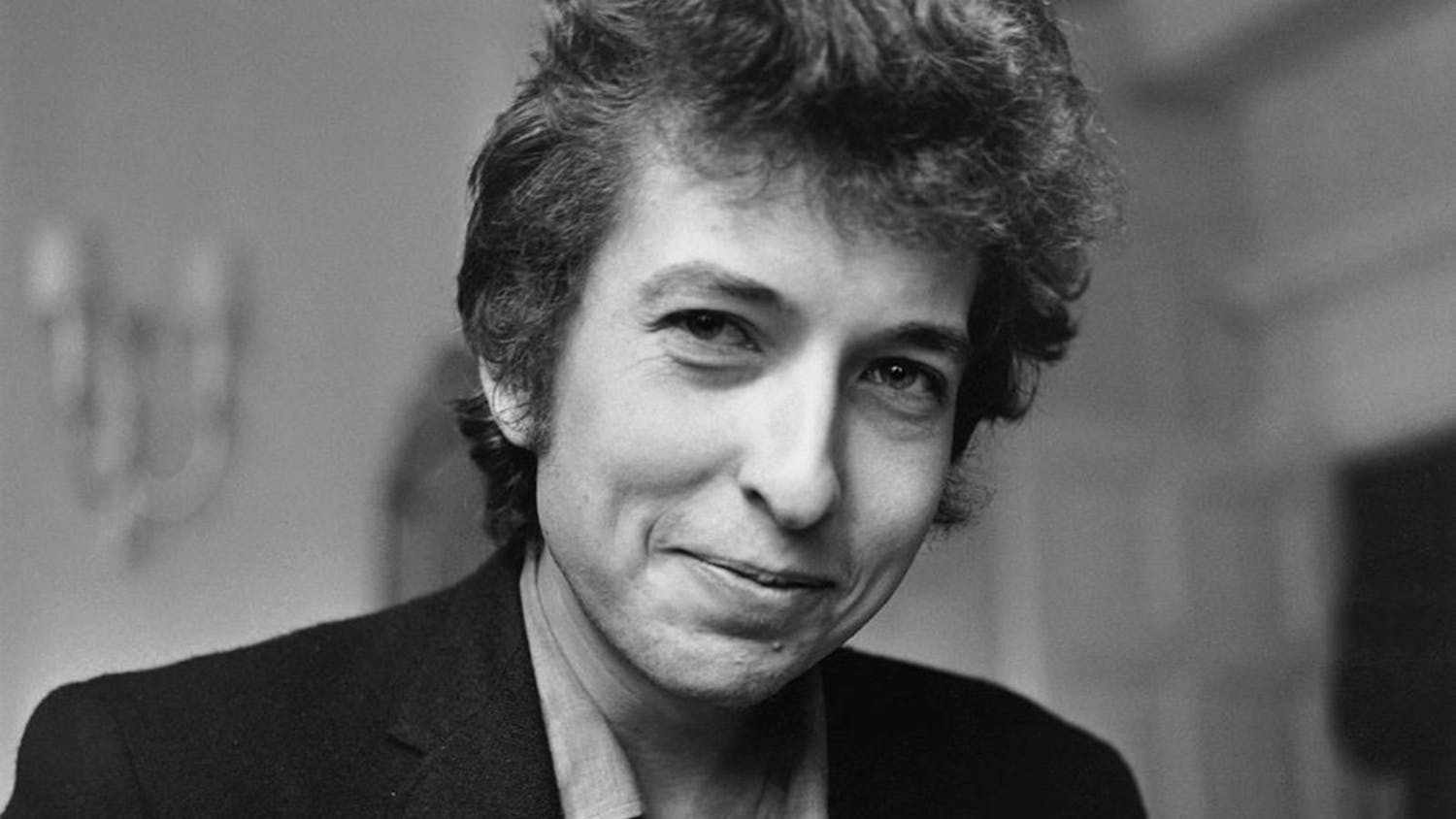The show opens 8 p.m. Friday at the Musical Arts Center and will be performed in Italian with English subtitles over the stage. For those unable to attend, the opera will also be streamed live through ?IUMusicLive!
Elizabeth Toy is one of two doctoral students who plays the role of Alcina. She portrays a sorceress who controls a magical island and charms her way through multiple lovers.
“There’s many different ways to think about it,” Toy said about her character. Rather than having physical, almost Disney-level magic, Alcina’s power manifests itself in her charisma and manipulation.
It’s her persona. Alcina is a person who can pull you in, she said. However, when she falls in love with deceptively antagonistic Ruggiero, according to the two actresses who play the role, Alcina’s facade falls apart.
Despite her outward strength displayed in the beginning of the opera, Alcina is a fragile, relatable character.
“She just wants everyone to love her,” Toy said.
To aid this manipulation, she creates an island that she and her sister Morgana rule. Everything is lavish and red. The atmosphere of this world speaks to her power over people, Toy said.
“Alcina has created a world to live in,” Toy said. “It’s passionate, yet dangerous. ... It evokes reactions out of the audience.”
There is disconnect among how the actors are costumed. Some people will be dressed in modern clothing. However, when characters cross the boundary between the real world and the world Alcina created, costumes change. Everything is designed to aesthetically fall into history.
All actors are dressed in historical costume. Think Marie Antoinette, Toy said. Actresses wear foot-tall wigs, corsets and men are in tights. Yet, everything is all bewitched.
Shannon Love, also plays Alcina, said this production is designed to juxtapose the artificiality of Alcina’s world with the farce commonly associated with the ?theater.
Love made this comparison. When an audience regards a stage set, they know that it is all artificial.
“You accept it for this false reality,” she said.
This is the same case for Alcina and her world represented on stage.
“This is the only way she knows how to get what she wants,” Love said of Alcina’s magic. “She’s insecure with what she is on the ?other side.”
Most of the props on stage are two-dimensional. While painted to appear beautiful, Love said the backs of all props are left bare. The entire scene is set upon a rotating set. As Alcina’s character falls apart, Love said, her character loses the ability to maintain the artificial beauty of ?the stage.
Finally, as her façade diminishes into nothing, the stage turns to reveal that Alcina’s world is in fact made up of wooden cutouts.
Love described the moment as “lifting the veil.”
“It’s just all visually enticing, but it’s all empty,” she said. “There’s no real depth. ... There’s nothing of meaning.”
She described Alcina’s love as her “demise.” Until Ruggiero comes into the scene, Alcina remains relatively detached to her love interests. In fact, when she is done with them she usually used her magic to turn them into animals. However, in this case, Ruggiero has an effect on her, Love said.
Michael Linert plays the romantic lead. His character leaves Bradamante, his fiancé, after being enchanted by Alcina. However, by the end of the show, he shakes off Alcina’s spell and tries to flee the island with Bradamante.
Linert said that despite his character’s heroic tendencies, Ruggiero can be seen in a bad light. The audience feels for Alcina, ?he said.
Love described Linert’s character as the most “villainous.” It is he that left his own fiancé to be with Alcina, however when her magic deteriorates, he no longer wants her, Love said. Ruggiero almost ventures into being vengeful, she said.
Despite this character aspect, Love said she ?believes the audience will be rooting for Ruggiero and Bradamante. People have a tendency to root for “true love.” However, she also said she hopes that the audience is able to see through Ruggiero’s façade of heroism.
Love said she believes heroes come across too perfect. Heroes are not ?realistic, she said.
“Bad guys are more relatable than good guys,” she said. “Villains are easier to make human.”
Even though Alcina’s weaknesses and insecurities are unveiled to the audience, she is still strong, Love said. This strength is Love’s favorite part about her character.
“She is a fighter,” ?she said.





